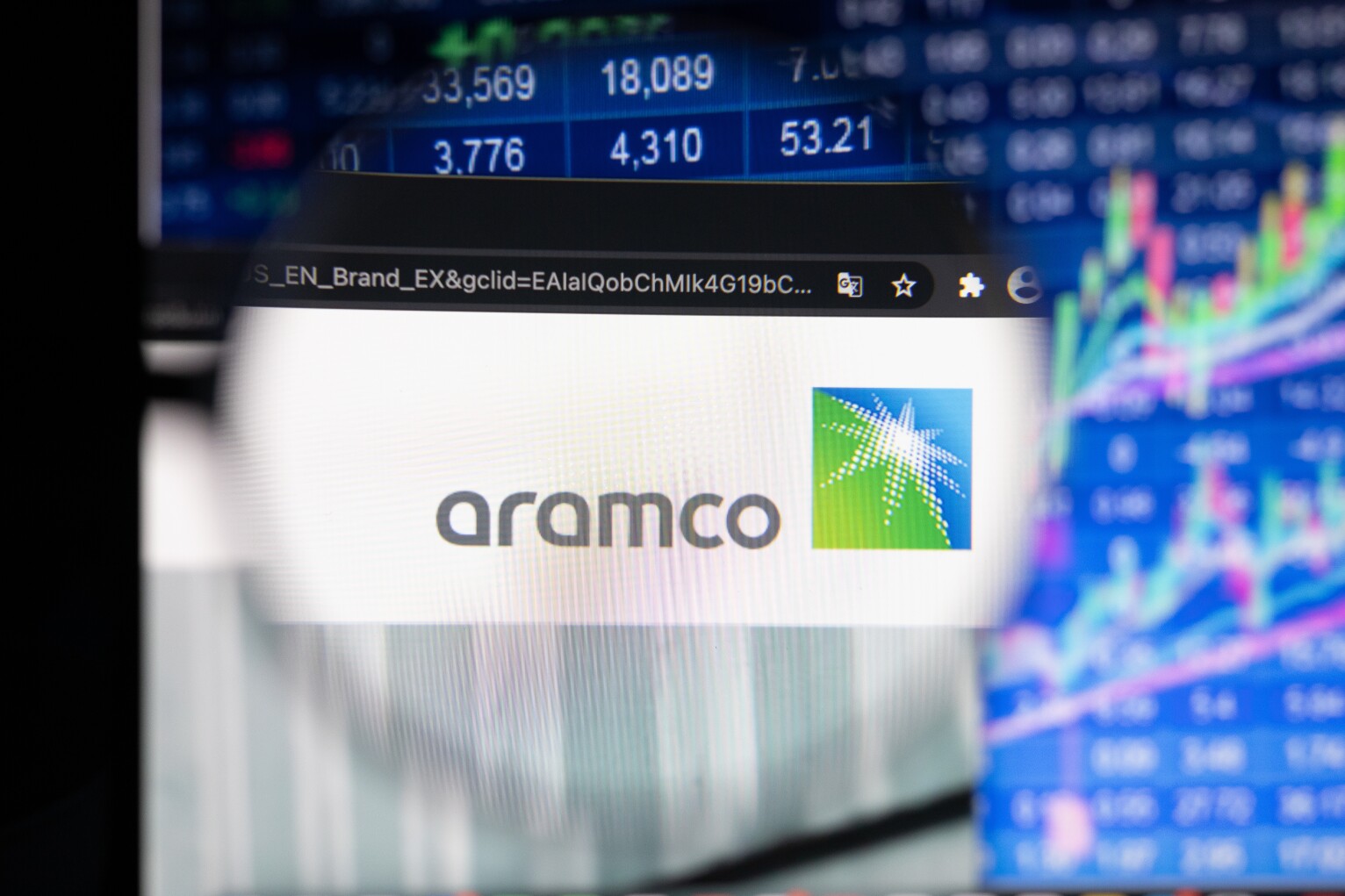Emerging market bond deals of the year

Having weathered the turmoil and travails of 2020, emerging market issuers found a new set of challenges waiting for them in 2021. Inflation became almost as much of a concern as infection, and the phrase “taper tantrum” reared its ugly head once again. But supply rolled on regardless, as borrowers from all corners of the market priced debuts, broke records and claimed market firsts. In a year not short of stellar transactions, GlobalCapital’s emerging markets editorial team have picked the standout deals of 2021. As always, the selection takes into consideration not just the deals’ basic terms, but also the context and wider environment. The backdrop can be more important than basis points
Unlock this article.
The content you are trying to view is exclusive to our subscribers.
To unlock this article:
- ✔ 4,000 annual insights
- ✔ 700+ notes and long-form analyses
- ✔ 4 capital markets databases
- ✔ Daily newsletters across markets and asset classes
- ✔ 2 weekly podcasts
